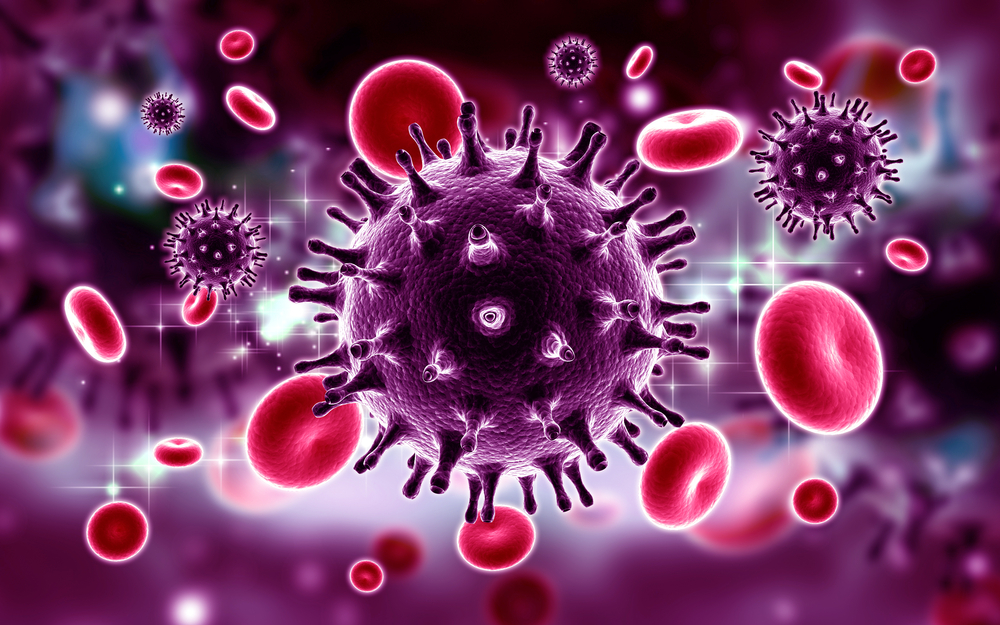
Scientists at The Wistar Institute have applied their synthetic DNA technology to engineer a novel eCD4-Ig anti-HIV agent and to enhance its potency in vivo, providing a new simple strategy for constructing complex therapeutics for infectious agents as well as for diverse implications in therapeutic delivery. This critical development was published online in the journal EBio Medicine.
The development of a safe and effective HIV vaccine has proven critically challenging. Researchers are exploring passive immunization of laboratory-produced immunoadhesins as well as traditional gene therapy methods for delivery of these complex therapeutic molecules. Immunoadhesins are designed antibody-like molecules specifically engineered to efficiently neutralize diverse forms of HIV by binding with high affinity to the virus envelope.
“These complex therapeutics are difficult to deliver through traditional strategies and achieving full activity in vivo using DNA technology is also challenging,” said lead researcher David B. Weiner, Ph.D., executive vice president, director of the Vaccine & Immunotherapy Center and W.W. Smith Charitable Trust Professor in Cancer Research at The Wistar Institute. “We demonstrated that a combination of plasmids can be designed to produce a novel protein as well as its modifying enzyme, allowing them to collocate with each other and create a highly functional immunoadhesin.”
Electroporation of synthetic DNA (DNA/EP) consists of the application of small, controlled directional electric currents into the skin or muscle to facilitate optimal uptake of DNA molecules and local production of the DNA-encoded proteins. Using this technology, Weiner and colleagues were able to achieve robust and long-term in vivo expression. A single injection of the synthetic DNA formulation produced functional eCD4-Ig for several months in a mouse model.
Previous studies have shown that a particular modification of the immunoadhesins, called sulfation, favors their binding to the HIV envelope; therefore, co-expression of the TPST2 enzyme that operates this modification is necessary to enhance the anti-HIV potency of the produced eCD4-Ig. The team proved the ability of synthetic DNA to encode the TPST2 enzyme as well as the instructions to direct the produced TPST2 to the cell compartment where the eCD4-Ig molecule is manufactured. The combined delivery resulted in production of sulfated eCD4-Ig immunoadhesin that exhibited enhanced potency.
“This is the first report on the use of synthetic DNA to encode an enzyme that can effectively carry out its activity and modulate biological functions of a target protein with high efficiency in vivo,” said Weiner.
Collectively, these study results provide an important advancement for the field of HIV immunization and open the path to further applications for in vivo delivery of biologics.




